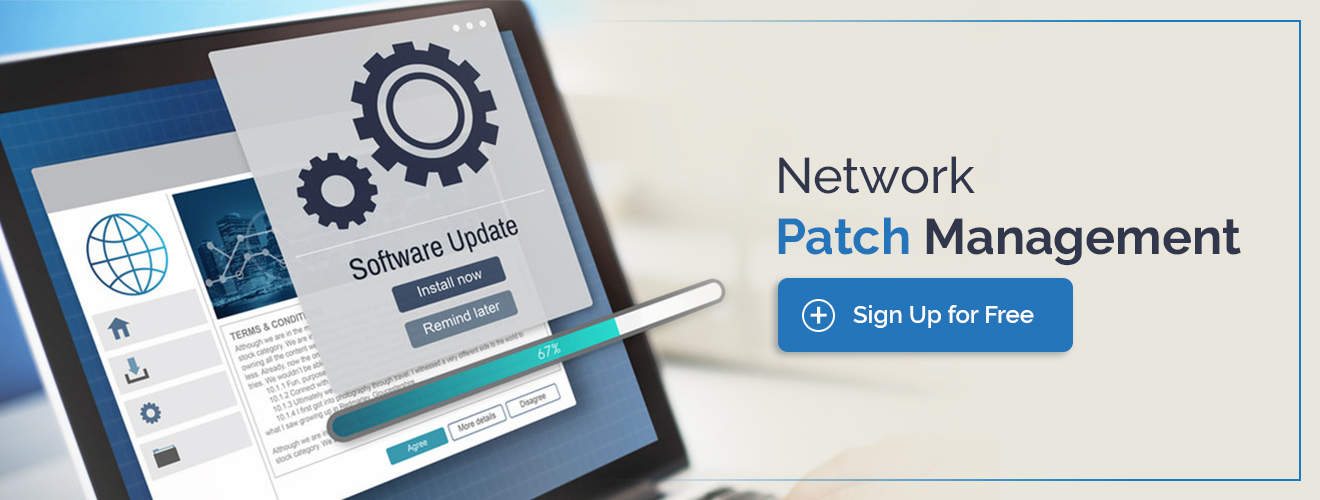Making use of a patch management tool doesn't necessarily mean all the systems in your network have been properly patched. Because no matter how technically-equipped the patch management tool you may be using might be, it will be of no use to you without a solid patch management strategy in place; in other words, if no proper security policies form a part of that strategy.
They are:
Patch management is a complex process. No doubts about that. But it can be made simple — and effective as well — by going by the book. That is, by drafting a patch management strategy which takes into consideration all the 5 steps listed in this blog. And then by selecting an efficient patch management tool using which this plan can be efficiently put into action.
To reiterate the 5 steps crucial to enterprise patch management are: 1) Inventory of Authorized and Unauthorized Devices 2) Inventory of Authorized and Unauthorized Software 3) Secure Configuration for Hardware and Software on Various Devices 4) Continous Vulnerability Assessment and Remediation and 5) Controlled Use of Device Privileges.
Therefore patch your networks well and stay secure!

Effective Patch Management Strategy Prevents Security Hacks
The Data Breaches Cost of US Businesses in 2017
3 Important Things Windows Patch Management Should Do
The things You Need To Know About Security Patch Management
Why do you need Automated Patch Management. Reasons Explained
Add new comment